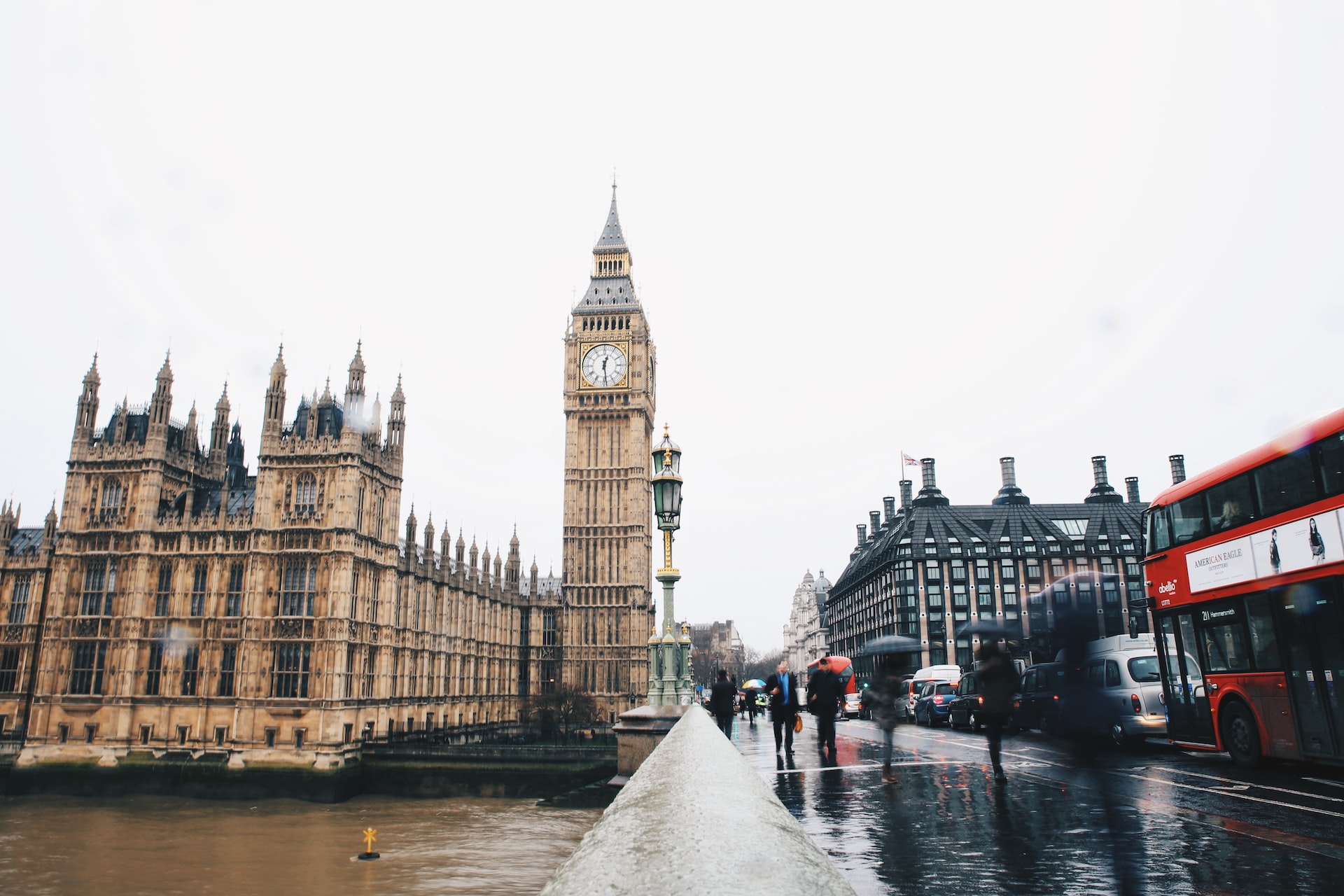
Comment Writer Jacob Dawson analyses the meaning of Labour’s report, and their response to the cost of living crisis
On the 5th of December 2022, former New Labour prime minister Gordon Brown wrote a report for Labour titled “Renewing our Democracy and Rebuilding our Economy”. This report contains some new propositions for the Labour executive to consider for policy in the next general election.
Some of the proposals in Brown’s new document include abolishing the house of lords in favour of a democratic second chamber with roles like safeguarding the UK constitution, redistributing centralised powers over education, infrastructure, transport and housing to local leaders. It also proposed granting further devolution powers to local English regions as well as Scotland, Wales and Northern Ireland, who would receive some foreign policy powers and constitutional guarantees of their self-governance.
Although Keir Starmer has not committed to every policy outlined in the report, he has in principle committed to some pretty radical devolution and constitutional changes, at least by his moderate standards.
“Keir Starmer has in principle committed to some pretty radical devolution and constitutional changes
Despite this being hailed by many as a sign that Labour is preparing to enter government after the next election there are also many working people in the UK raising the question of what about the cost of living crisis?
Starmer has repeatedly slammed the government with sarcastic comments in prime minister’s questions about their lack of action on cost of living but has been rather reluctant to talk about details of what Labour would do in the government’s position except once in August 2022, when he discussed some policies to help combat rampant energy bills.
Labour’s recent report does help combat this accusation to a small extent. The report contains several policy recommendations for the economy in chapters 5-7. These are mostly focused on driving innovation and spreading out government investment more equally throughout the UK.
Although it is clear that Labour is developing a strategy to deal with the economy and cost of living crisis, no radical measures to help the millions of struggling working-class families have been adopted.
“no radical measures to help the millions of struggling working-class families have been adopted
Labour have refused to back the unions in what could have been a united struggle to secure fair conditions for public sector workers. They refused to commit to large government spending and distribution of power to assist in tackling the cost of living crisis and they refused to move away from failed economic plans that plague labour’s ability to make long lasting and progressive change for this country.
Moderate change which Labour and the Tories currently advocate will do little but trap us once again in an elitist two party system which is far detached from the views of the ordinary people who Labour believe they represent.
Although Labour’s devolution and economic plans should be pursued, much more radicalism and an abandonment of elitism, neoliberalism and Labour executive dominance will be needed in order to truly address the cost of living crisis which plagues the people of this country.
For more thought-provoking Comment articles, read:
University Life Is Too Demanding
Comments